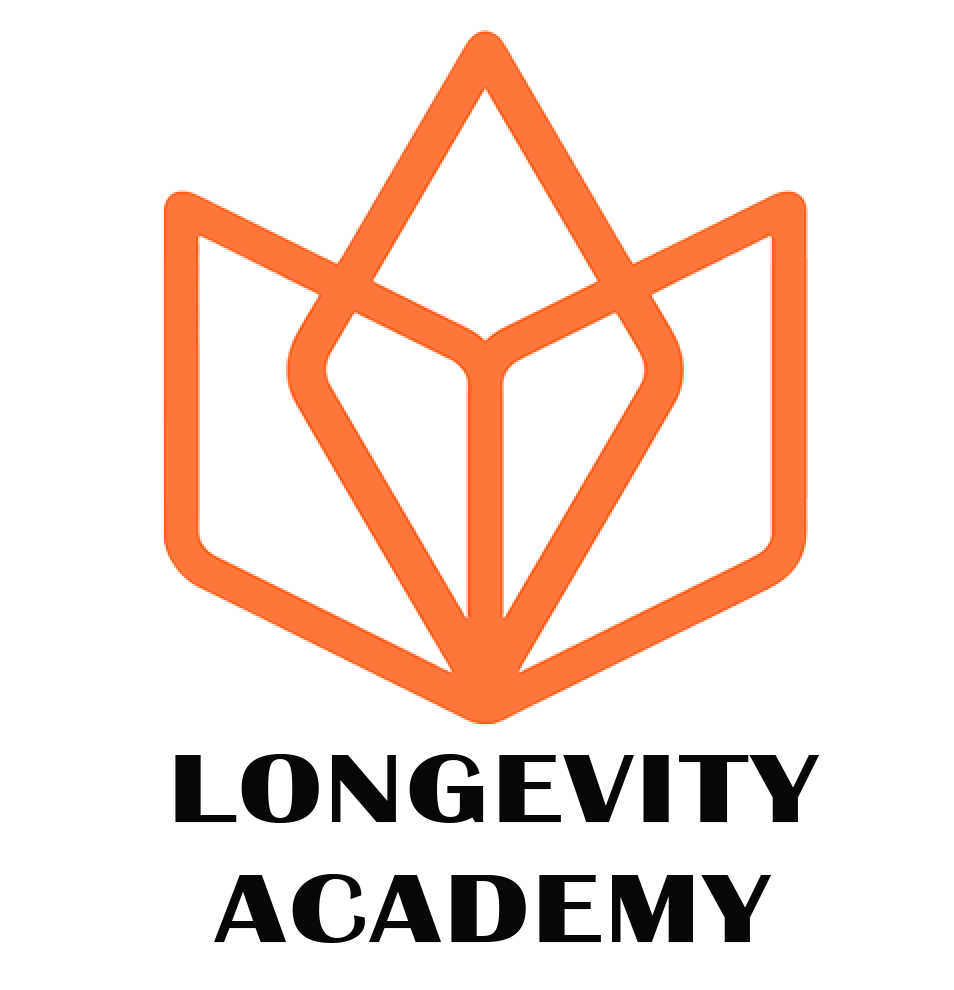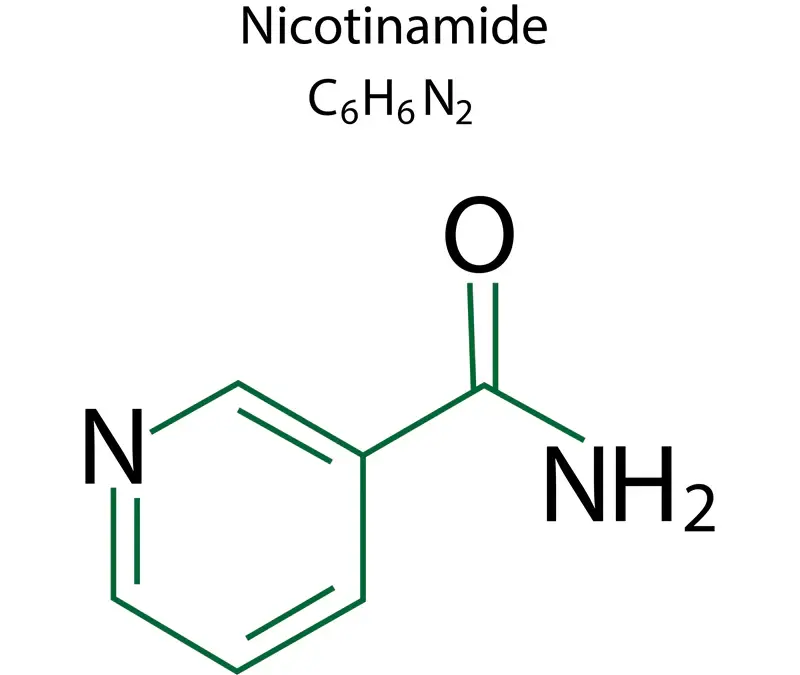Nicotinamide Mononucleotide, or NMN, has garnered significant attention in recent years for its potential role in anti-aging and health optimization. As a derivative of Vitamin B3, NMN is a key player in the body’s cellular metabolism and energy production processes. This article delves into the science behind NMN, its potential benefits, and current research findings to provide a comprehensive overview of this intriguing molecule.
Understanding NMN
NMN is a nucleotide derived from nicotinamide, a form of Vitamin B3. It is a precursor to nicotinamide adenine dinucleotide (NAD+), a critical coenzyme involved in numerous biological processes. NAD+ is essential for energy production within cells, playing a vital role in converting nutrients into ATP (adenosine triphosphate), the energy currency of the cell.
As we age, NAD+ levels naturally decline, which has been associated with various age-related health issues. This decline is thought to contribute to metabolic disorders, decreased cellular repair, and reduced overall vitality. NMN supplementation is being investigated as a way to counteract these effects by boosting NAD+ levels.
NMN and NAD+
To understand NMN’s potential benefits, it’s crucial to grasp the relationship between NMN and NAD+. NAD+ exists in two forms: NAD+ and NADH. These forms play crucial roles in redox reactions, which are essential for energy production and various metabolic processes.
NMN is converted into NAD+ through a series of biochemical reactions. Essentially, NMN acts as a building block for NAD+, making its availability crucial for maintaining adequate NAD+ levels in the body. Research suggests that increasing NMN levels might help counteract the age-related decline in NAD+, potentially offering therapeutic benefits.
Potential Benefits of NMN
- Improved Metabolic Health
Research indicates that NMN supplementation could positively impact metabolic health. In animal studies, NMN has been shown to enhance insulin sensitivity, improve glucose metabolism, and reduce fat accumulation. These effects suggest that NMN might play a role in managing metabolic disorders like obesity and type 2 diabetes.
- Enhanced Cellular Repair and Maintenance
NAD+ is involved in activating sirtuins, a group of proteins that regulate cellular repair and maintenance processes. Sirtuins help protect cells from stress, damage, and inflammation. By increasing NAD+ levels through NMN supplementation, it may be possible to enhance sirtuin activity, thereby promoting better cellular repair and longevity.
- Support for Cardiovascular Health
Some studies suggest that NMN may have a positive impact on cardiovascular health. NMN supplementation has been associated with improved endothelial function, which is critical for maintaining healthy blood vessels and reducing the risk of cardiovascular diseases. Additionally, NMN has shown potential in reducing arterial stiffness and lowering blood pressure in animal models.
- Cognitive Function and Neuroprotection
Neurodegenerative diseases and cognitive decline are often linked to reduced NAD+ levels. Research in animal models has shown that NMN supplementation can improve cognitive function and protect against neurodegeneration. These findings suggest that NMN might offer potential benefits for conditions like Alzheimer’s disease and other age-related cognitive disorders.
- Extended Lifespan and Longevity
The idea of extending lifespan has been a focal point of aging research. Studies in model organisms, such as yeast, worms, and mice, have demonstrated that NMN supplementation can extend lifespan and improve healthspan—the period of life spent in good health. While these results are promising, further research is needed to determine if similar effects occur in humans.
Current Research and Clinical Trials
The potential benefits of NMN have led to a surge in research and clinical trials aimed at evaluating its efficacy and safety in humans. Several studies have already reported positive outcomes, though more research is required to fully understand NMN’s impact on human health.
- Human Clinical Trials
Clinical trials involving NMN have shown promising results in improving various health markers. For instance, a study published in *Nature Communications* found that NMN supplementation improved insulin sensitivity and blood lipid profiles in older adults. Other trials are investigating its effects on muscle strength, cognitive function, and overall well-being.
- Safety and Dosage
NMN has been generally well-tolerated in clinical trials, with few reported side effects. Dosage recommendations vary, but typical supplementation ranges from 250 mg to 500 mg per day. It is essential for individuals to consult with healthcare professionals before starting NMN supplementation, particularly if they have underlying health conditions or are taking other medications.
Challenges and Future Directions
While NMN shows significant promise, there are challenges and limitations to consider. One major issue is the variability in supplement quality and bioavailability. The effectiveness of NMN supplements can be influenced by factors such as purity, formulation, and individual metabolic differences.
Moreover, long-term studies are needed to assess the long-term safety and efficacy of NMN supplementation. As with any emerging supplement, it is crucial to approach NMN with a balanced perspective, considering both the potential benefits and limitations.
Conclusion
Nicotinamide Mononucleotide (NMN) represents a fascinating area of research in the field of aging and metabolic health. By serving as a precursor to NAD+, NMN has the potential to address age-related declines in NAD+ levels, with implications for metabolic health, cellular repair, cardiovascular function, cognitive performance, and longevity.
As research progresses, NMN may become a valuable tool in promoting healthy aging and enhancing overall well-being. However, it is essential for ongoing studies to clarify its full range of benefits and establish guidelines for safe and effective use. Until then, NMN stands as a promising candidate in the quest for healthier aging and improved quality of life.

